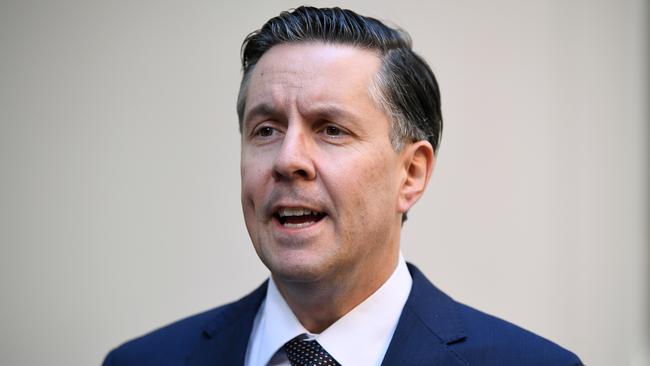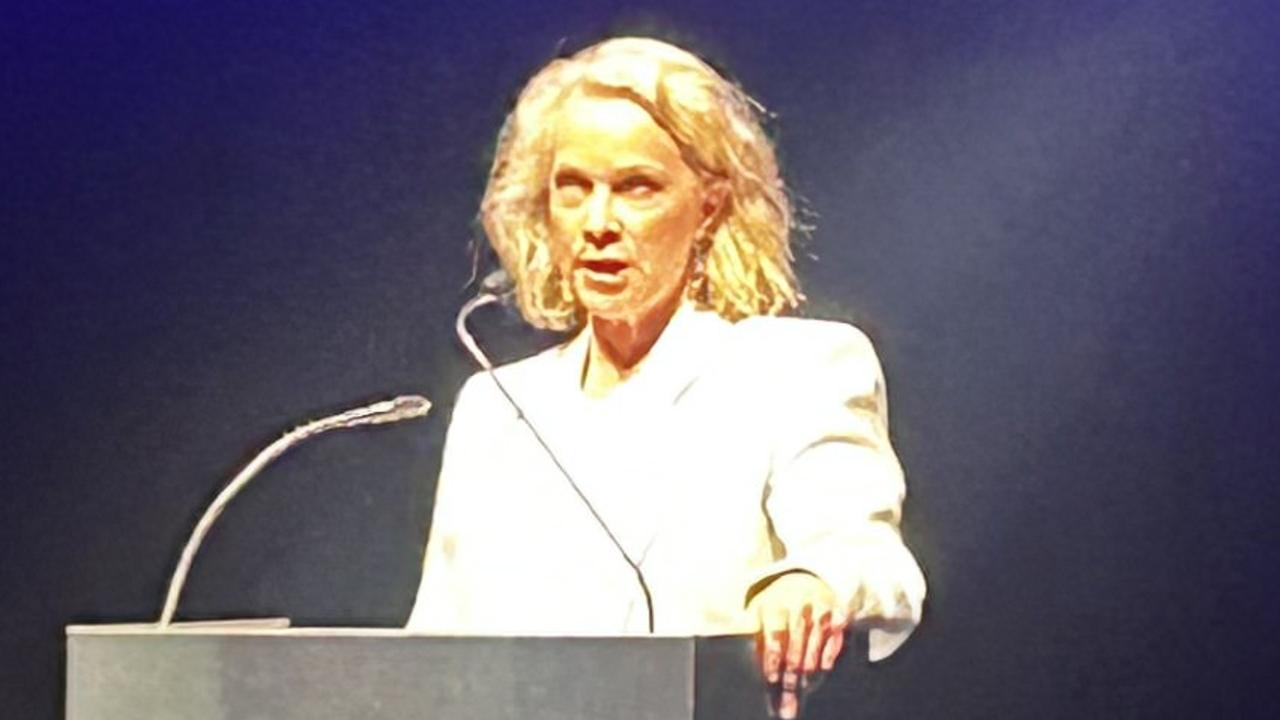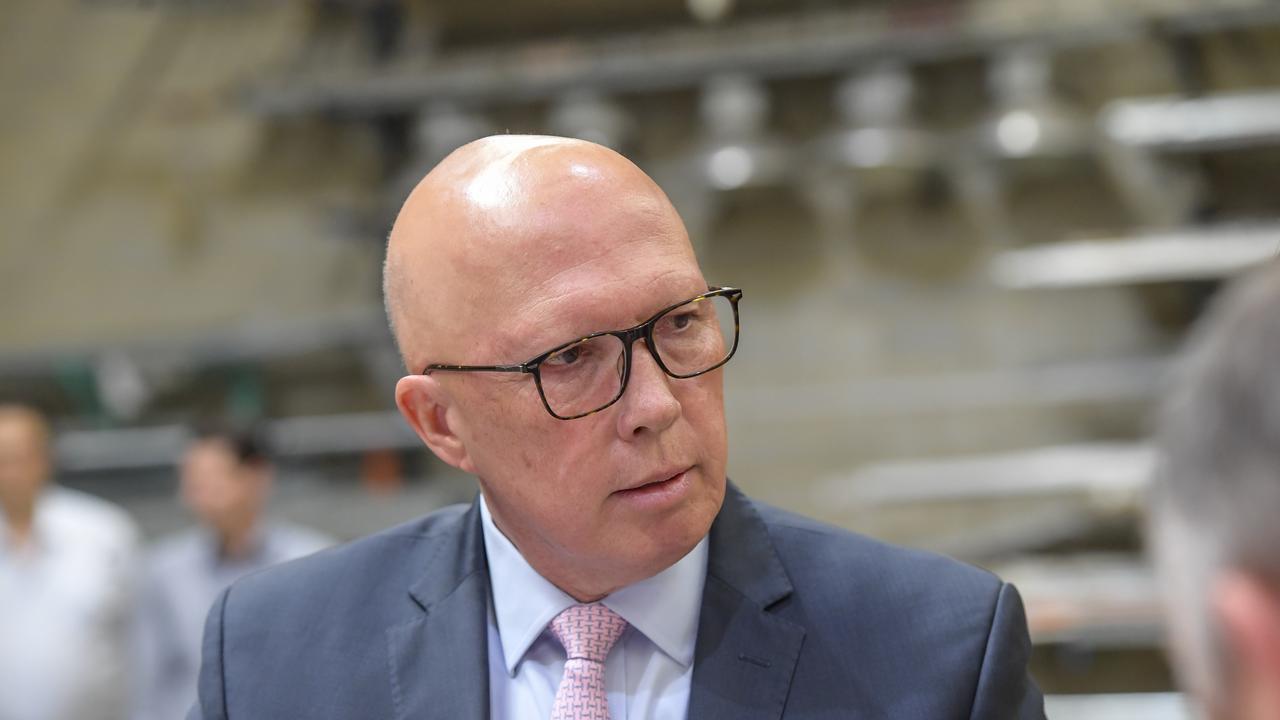‘Transition unstoppable’: Labor defends its electric vehicle target
Labor’s energy spokesman has defended the pre-election pledge to impose a 50 per cent target on electric vehicles.

Mark Butler has declared the transition to electric cars “unstoppable” and a “revolution”, as the Labor energy spokesman defended his controversial pre-election pledge to impose a 50 per cent target for the vehicles.
Analysis from engineering firm ABMARC — revealed by The Australian yesterday — states Bill Shorten’s electric vehicle target of 50 per cent of new car sales by 2030 would have needed between $5 billion and $7bn in recharging infrastructure and additional investment in “switchboards, transformers and poles and wires”.
A day before The Australian revealed the damning report, Mr Butler told the Electric Vehicle Transition Conference in Sydney that his electric car policy was a “very sensible thing to do”.
“I didn’t get in a room with a blank sheet of paper and write this policy myself. It followed very deep engagement with stakeholders and with industry,” he said.
“Although I think it was ambitious, when you set it against where the global car industry is heading I don’t think it was a particularly remarkable policy.
“We focused on the fleet sector and I think that reflects the nature of our market and the nature of some of the policy tools that we had in the kit.
“I think that was a very sensible thing to do.”
In April, Mr Shorten unveiled a $100 million commitment towards the rollout of 200 fast-charging stations across the nation, a 50 per cent electric vehicle target for government vehicle purchases and new tax incentives for fleet buyers to purchase green cars instead of conventional combustion engine vehicles.
Scott Morrison’s criticism of Labor’s electric vehicle policy — in tandem with Coalition attacks on Labor’s big tax-and-spend agenda and climate change costings — was viewed by some inside the ALP as a weak point for the opposition in some electorates.
Despite using the electric cars policy against Labor, the Coalition government has been generally supportive of the industry and yesterday Energy Minister Angus Taylor unveiled $15m in taxpayer money to help build 48 charging stations in the eastern states.
“The uptake of EVs should be based on customer choice, not heavy-handed government regulation,” Mr Taylor told The Australian. “The government will support that through congestion-busting infrastructure, and other co-ordinated initiatives across all levels of government.”
Mr Butler’s staunch defence of the Labor policy comes a week after his assistant, Pat Conroy, told The Australian the party should keep its 45 per cent emissions reduction target, despite fears the policy cost Labor votes in regional Queensland.
Analysis has shown that electric vehicles currently produce higher emissions than petrol vehicles due to the former’s continuing reliance on a coal-dominated electricity grid.
The ABMARC analysis also unravelled Labor’s argument for Australia to replicate Norway’s electric car market, which imposes heavy taxes on passenger vehicles and provides generous incentives for electric vehicles. In April, Anthony Albanese used the Norway example to criticise Australia’s performance in the electric vehicle sector. “In Norway last year, not a Third World country, 47 per cent of new car sales were electric vehicles. Australia is falling massively behind the world,” the now Opposition Leader said.
Mr Butler yesterday said that the transition to electric cars was “unstoppable”.



